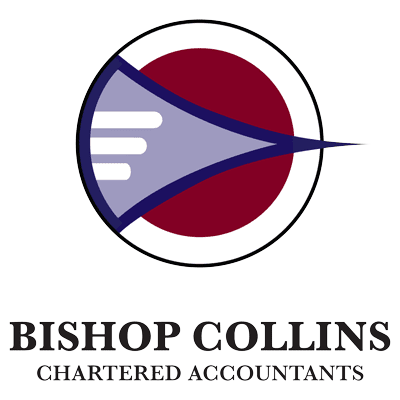
What will your financial health be after COVID-19?
The outbreak of COVID-19 has considerable accounting and financial reporting implications for organisations in Australia and across the globe. Moreover, these effects will be extensive both up and down the supply chain, as well as impacting organisations with interstate and international subsidiaries, operations, investments, and joint ventures.
What will be the impact of COVID-19 on your financial reporting?
As COVID-19 continues to spread globally, it is appropriate for organisations to consider the impact of this health crisis, to their financial position, performance and financial reporting disclosure.
Consider the following
Just a few of the areas that should be considered carefully are:
- Going Concern
- Asset impairments (including goodwill and recognised deferred tax assets);
- Valuation and impairment of receivables, loans, and investments;
- Onerous contracts;
- Redundancy and restructuring provisions, including employment termination benefits;
- Insurance recoveries (including those related to business interruptions);
- Share-based payments; and
- Subsequent events.
For example:
- Cashflow forecasts will need to consider the downturn in financial markets, creditworthiness of participants, and underlying assumptions relating to revenue growth, quantum of expenditure, troughs in revenue and expenditure, wind-down and ramp-up costs, as well as growth rates and discount factors;
- Fair value of investments in different markets and jurisdictions, including the selection and application of the impairment model used to estimate fair-value;
- Subsequent events recognition and disclosure at the end of each reporting period will require careful evaluation. In particular, we note:
- Organisations with a 31 December 2019 end of reporting period, are likely to have non-adjusting subsequent events disclosure. These entities need to consider, in the period leading up to authorising the financial report, sufficient disclosure outlining the nature of the event(in this case the event would likely be, COVID-19), an estimate of its financial effect or a statement that such an estimate cannot be made;
- Organisations with a 31 March 2020 or 30 April 2020 (and potentially extending to 30 June 2020) year-ends will need to, thoughtfully, consider adjusting subsequent-events-related accounting and disclosure requirements. This means taking into consideration COVID-19-related financial matters between the period end and the possible impacts arising in the period leading up to authorising the financial report.
… and before you ask the question…
At Bishop Collins, we’ve been asked many great questions over the last few weeks relating to the potential financial implications of COVID-19.
However one that we’ve regularly been asked is “Whether future operating losses can be provided for”?
The short answer is no – this doesn’t meet the definition of a liability.
However if you’re concerned your business is likely to sustain future operating losses, it is an indication you might have an asset impairment issue to consider, or potentially a contract which has become onerous.
A “socially distant” helping hand
Before making any critical decision in relation to the adoption, application or assumptions relating to accounting principles or disclosure in your financial report, as experts in this field we encourage you to have an obligation-free conversation with an assurance specialist at Bishop Collins Audit. We are here to help you through this period.
Contact us via the form below if this article raises any questions for you.
This publication contains general information only and is not, by means of this publication, rendering accounting, business, financial, investment, legal, tax, or other professional advice or services. Before making any decision or taking any action that may affect your business, you should consult with your Bishop Collins Group relationship manager or your qualified professional advisor.



